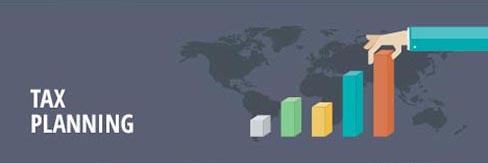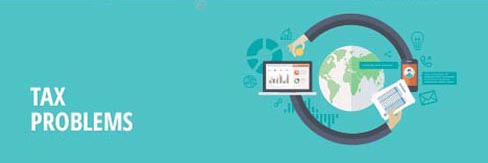
Flat rate VAT changes for small businesses

ARCHIVE
NEWS
BUSINESS
NOV 2016
OUR
PROCESS
GET IN TOUCH
WITH US
GET TO KNOW
US
Changes have been announced to the amount of VAT that many small businesses will have to pay. This will affect businesses that use the VAT Flat Rate Scheme but which spend very little on raw materials - such as firms providing services.
Normally a business deducts the VAT on its inputs from the VAT charged on what they sell. Under the Flat Rate Scheme, that two stage process is simplified to one step.
The percentages for each type of business vary. The flat rate scheme is designed to give the government roughly the same amount of VAT, but is easier to work out. Because it is an approximation, some businesses will pay more, and some less. The government is concerned that some businesses are using the Flat Rate Scheme to pay less VAT than is appropriate.
In the Autumn Statement the Chancellor announced changes which affect businesses which have a very low cost base - now called "limited cost traders". Limited cost traders can still use the Flat Rate Scheme, but their percentage will be 16.5%.
A limited cost trader is defined as one that spends less than 2% of its sales on goods (not services) in an accounting period. The amount spent on goods cannot include purchases of:
- capital goods (such as new equipment used in a business)
- food and drink (such as lunches for staff)
- vehicles or parts for vehicles (unless running a vehicle hiring business)
A firm will also be a limited cost trader if it spends less than £1,000 a year, even if this is more than than 2% of the firm's turnover on goods.
It will increase the VAT paid by labour-intensive businesses where very little is spent on goods. For example, this may affect IT contractors, consultants, hairdressers and accountancy firms. The new rules start on 1 April 2017.
Registered office: 61 Friar Gate, Derby, Derbyshire, DE1 1DJ T: 01332 202660
Adrian Mooy & Co is the trading name of Adrian Mooy & Co Ltd. Registered in England No. 05770414
v
Services
.png?crc=484381513)

01332 202660
61 Friar Gate Derby DE1 1DJ

Sign
up
Newsletter

